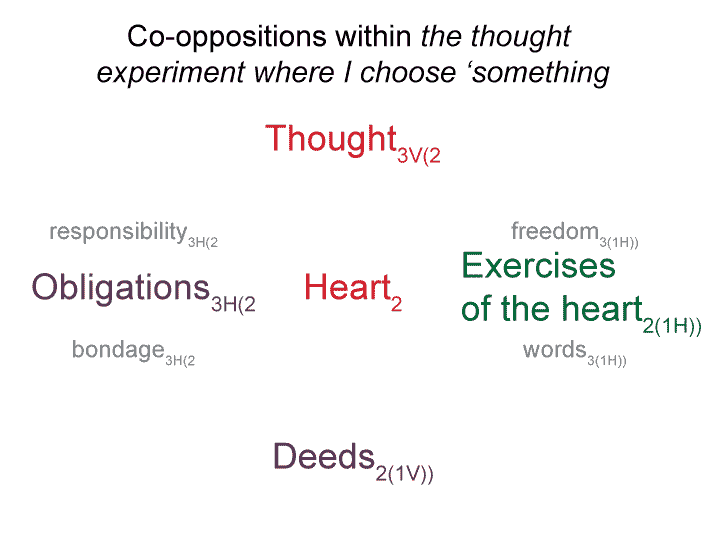Man and Sin by Piet Schoonenberg (1964) 2.3 UQ
[Law-filled thoughts may justify cruelty, self-dealing, anxiety-relief and lack of faith. The law washes these monstrosities over with perfection of the letter of the law.
Law fixates on the rules. The rules may be misconstrued in order to rendezvous with the sinful attractor in my dying heart. The way that I fulfill the rules may provide me with the pleasures that I crave.]

